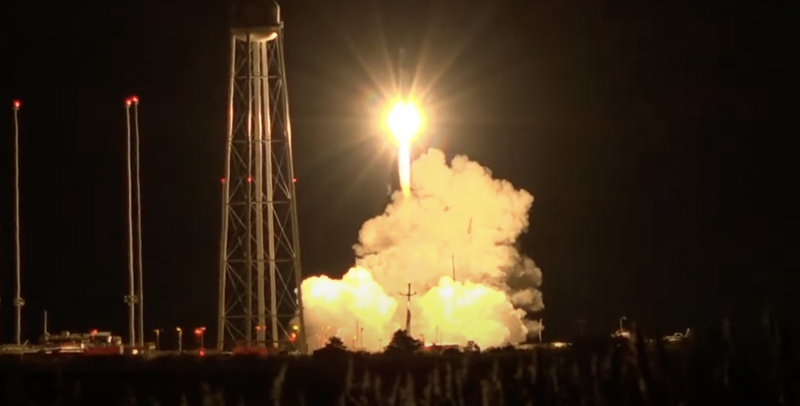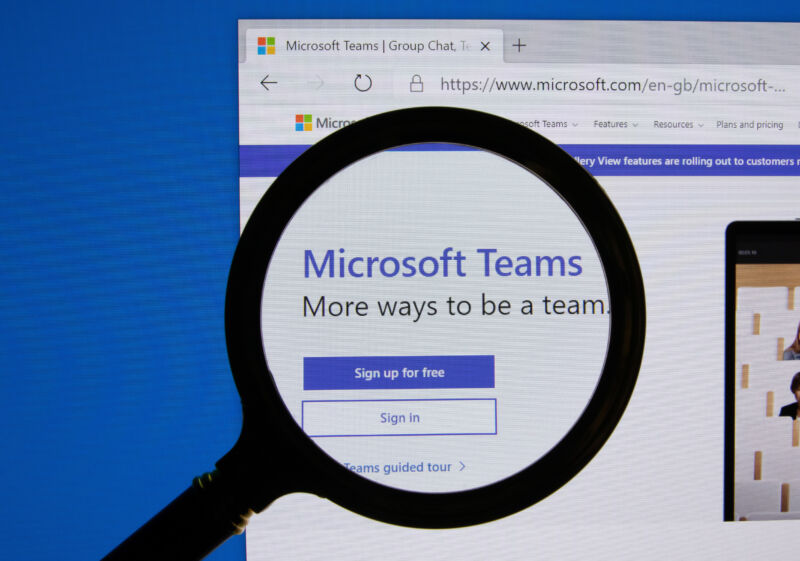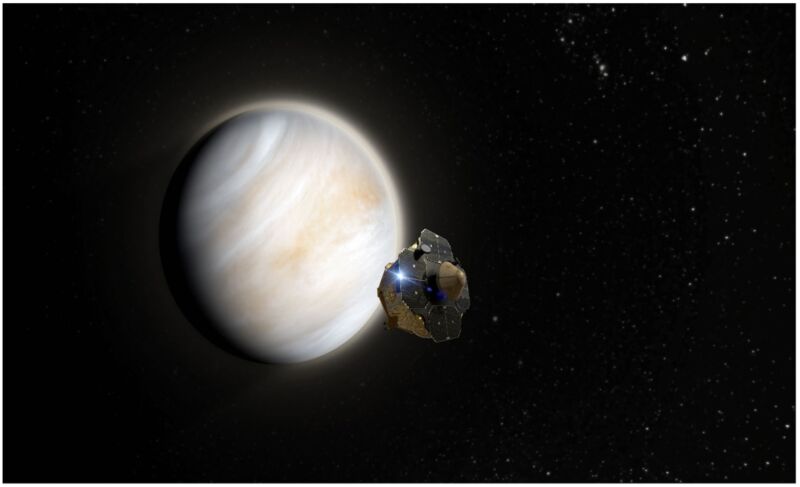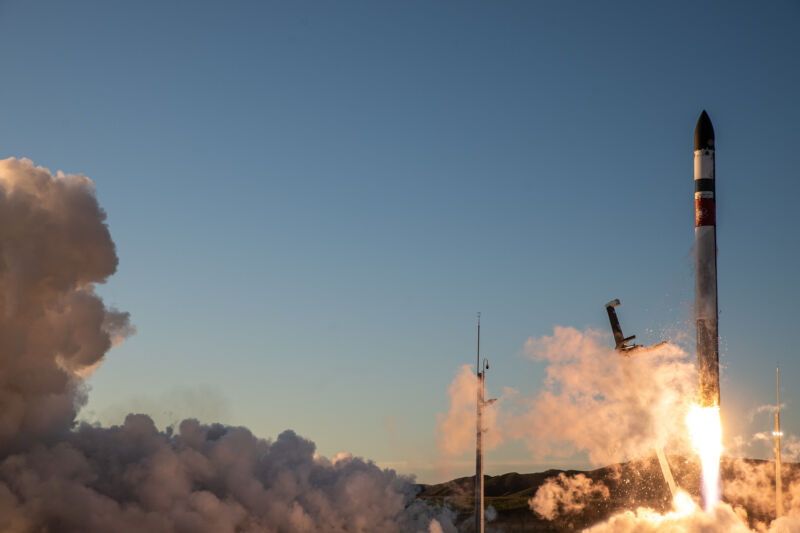-
 chevron_right
chevron_right
Before snagging a chunk of space junk, Astroscale must first catch up to one
news.movim.eu / ArsTechnica · Tuesday, 20 February - 15:31

Enlarge / This artist's illustration released by Astroscale shows the ADRAS-J spacecraft (left) approaching the defunct upper stage from a Japanese H-IIA rocket. (credit: Astroscale )
Astroscale, a well-capitalized Japanese startup, is preparing a small satellite to do something that has never been done in space.
This new spacecraft, delivered into orbit Sunday by Rocket Lab, will approach a defunct upper stage from a Japanese H-IIA rocket that has been circling Earth for more than 15 years. Over the next few months, the satellite will try to move within arm's reach of the rocket, taking pictures and performing complicated maneuvers to move around the bus-size H-IIA upper stage as it moves around the planet at nearly 5 miles per second (7.6 km/s).
These maneuvers are complex, but they're nothing new for spacecraft visiting the International Space Station. Military satellites from the United States, Russia, and China also have capabilities for rendezvous and proximity operations (RPO), but as far as we know, these spacecraft have only maneuvered in ultra-close range around so-called "cooperative" objects designed to receive them.








